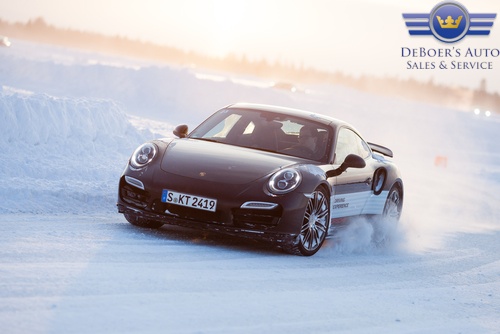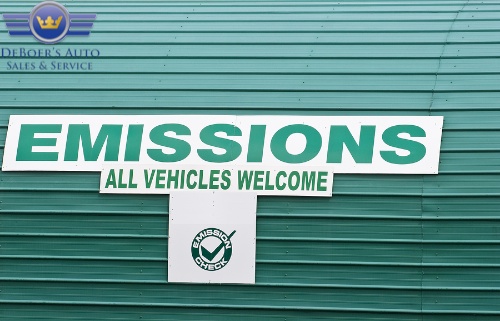If you live in or travel to an area prone to cold, snowy winters you may wonder what type of tires you should equip your vehicle with during the winter months. You may ask yourself or your auto repair shop, “Do I need snow tires or will winter tires work in bad weather?”
The correct answer may surprise you. Most tire companies don’t manufacture snow tires anymore. Today, what many people still refer to as “snow tires” are actually winter tires. Snow tire and winter tire are interchangeable terms that refer to the same product. Regardless of what you call them, the benefits of snow tires(also known as winter tires) are unmistakable.

The Difference between Snow Tires and Winter Tires
Both snow tires and winter tires are designed for tough winter driving conditions; however, yesterday’s snow tires were built with a focus on snow. They featured deep tread patterns designed to bite into the snow and grip the road underneath. Snow tires allowed drivers to navigate snowy roads effectively, but they did not perform well on ice (or on wet or dry asphalt).
Thanks to advances in chemistry and tire-production processes, tire makers went back to the drawing board and crafted a snow-tire alternative that grasps both snow and ice firmly. Instead of snow tires’ wide, deep grooves, winter tires feature tighter tread patterns that divert snow and incorporate thousands of sharp edges that grip ice. They are formulated with a compound that doesn’t become too stiff or too soft under harsh conditions. This means they’re suitable for use in a variety of winter conditions.

A Closer Look at Winter Tires
If you’re considering buying new tires, you probably wonder about the safety of winter tires. Anyone who has ever driven a car with winter tires knows the tires feel different than other tires. Winter tires also are noisier than all-weather tires. Despite those characteristics, winter tires are safe when driven according to manufacturer instructions. You definitely don’t want to significantly exceed the speed limit when driving with heavier winter tires because you could lose control of your car, but that’s a concern with any type of tire. You may also ask yourself or your tire installer, “Is a winter tire safe to drive in a snow storm?” The answer is yes to a degree. Driving in any extreme snow storm (blizzard) is dangerous regardless of what type of tires you have. You can, however, operate a vehicle with winter tires in a mild snowstorm, where snow is falling rapidly but wind and sleet are not problematic.
What Are the Best Snow Tires?Not all snow tires are the same. Some are true snow tires and others are hybrids known as all-weather tires. All-weather tires are a good compromise because they offer decent performance year-round. They can get your vehicle through snow and ice and also provide acceptable traction on slick roads and hot, dry conditions. The compromise here is they provide “decent” performance but not “outstanding” performance. The best snow tires for one vehicle in one location might be different than the best snow tires for another vehicle subject to different weather conditions.








